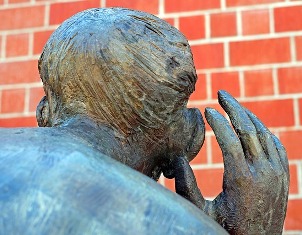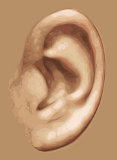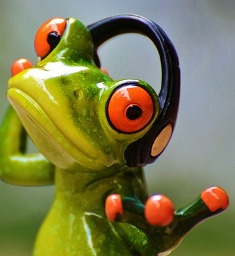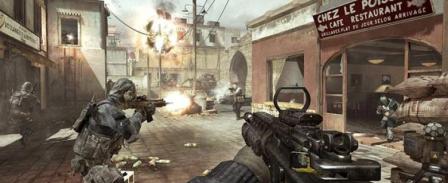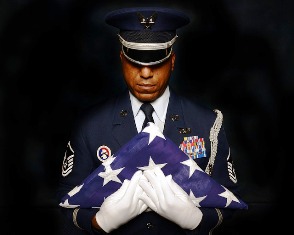Why We Need Poetry
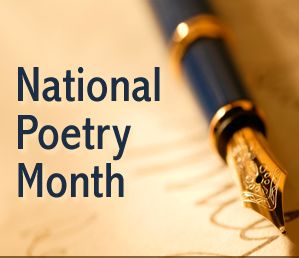
Spring has sprung
in winter’s grip.
Summer’s begs that
either slip,
as Mother Nature
nurses her fat lip.
~Sherry Rentschler (c) Apr 2018 in honor of the wacky weather
National Poetry Month arrived April 1 and during the next thirty days I take great pleasure discussing the ins and outs of free verse, making bizarre limericks, giggling over e.e. cummings, immersed in Baudelaire or Yeats, and wishing I was in Paris during the time of the beat poets.
For most folks, Poetry Month is something they hear about on Pubic Television (and therefore avoided) or from school (and therefore avoided), or in passing on the internet or social media sites (and dismissed as done by college kids or rappers). Such perceptions are a shame too, because National Poetry Month is all about discovery and learning, finding pleasure in seeing the world in new ways.
Because we need to read poetry and let it help us discover our world in ways news and scholars and schools do not.
I heard someone say, “Poetry. Just rhyming words about things over my head.” Such remarks remind me that poetry doesn’t reach “the common man” because we never stressed the common man poems. It was all Iliad, Shakespeare, Chaucer, and Keats. And we groaned, remember? (well, I didn’t, but my friends certainly did).
More, the above comment carries weight because poetry, once the style of telling stories has passed into the background. You don’t find it in Kohl’s or Walgreens or the grocery store. It’s not in the magazines (but once or twice a year) for April and perhaps Christmas. Kids talk about it at school just long enough to get to lunch where they can discuss “real literature” like Hunger Games, Game of Thrones, and Wonder, or discuss the latest comic book/graphic novel that became a blockbuster movie (Marvel, anyone?).

Sadly, the very people discussing the latest blockbusters and listening to their playlists on their phones, are missing some of the best moments in quotable literature. According to CNN, “Fewer than 7% of Americans polled in 2012 had read a work of poetry at least once in the past year — down from 17% in 1992, according to a national survey (PDF) by the U.S. Census Bureau on behalf of the National Endowment for the Arts. That decline in participation was the steepest found in any literary genre.”
What we need to emphasis to our children and each other, is poetry is the short, short, short, story. A poem can define a moment, bring us together in surprise or sorrow, encapsulate a thought, and help us to understand ourselves in brilliant and usually brief ways. Just look at Maya Angelou or Mary Oliver and how easily we come to share their understanding. No, you don’t need to read Dante’s Inferno (though you really would enjoy it), when you can read William Carlos Williams or even Dylan Thomas. Truth is simple. And poetic.
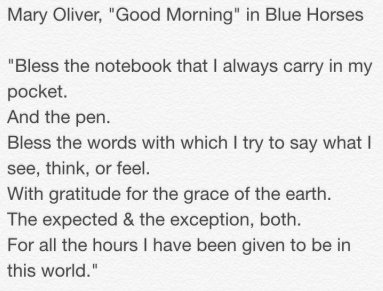
No, poetry isn’t mainstream anymore. But if you hang out on Twitter or Instagram and you search for poetry or poets, you’ll be amazed at the real poems being shared and quotes coming from them. Many don’t even realize the poem that originated a quote but are surprised to realize that poetry made the words quotable. Take the great poet, Alexander Pope in his An Essay on Criticism, Part II , 1711:
Ah ne’er so dire a Thirst of Glory boast,
Nor in the Critick let the Man be lost!
Good-Nature and Good-Sense must ever join;
To err is Humane; to Forgive, Divine.
Poetry is more about us than we realize. Poetry is us. We sing it and the songs we sing become markers of our lives. We quote snappy lines, sometimes not realizing the words are ancient or even Nobel Prize winning.
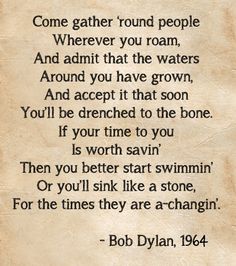
Do we need to know that? Nope. What we need to do is read more poetry. We need to not “go gentle into that good night” but rage against poetry’s invisibility. Help others to see the beauty all around them. Start with a child’s poem such as the insightful Shel SIlverstein. Or even Dr Seuss. But let us dust off our old tomes and read….and celebrate Poetry Month, every month. Let our children become the natural poets of the future. Start now.

There are so many good poets and poems out there. Sure we need to read the classics to discover the artful phrase, to understand the development of the art form, to hear the triumph in epic verses. But does that matter in the long term? Nope. What we need to do today is introduce each other to the modern poets and create a love for common words defining life in uncommon ways. To restore our wonder and excitement. To show us that we can know profound things and be better for the knowing. Poetry does this and so much more.
Let us read some poetry. Share with a friend. Just one poem. Maybe once a week or, better yet, once a day. Don’t do it with anyone if you are nervous or shy. Read it alone. Think and enjoy.
But read poetry. It will improve you, delight you, surprise and shock you. It can enrich you and prevent the inevitable ennui that comes with time.
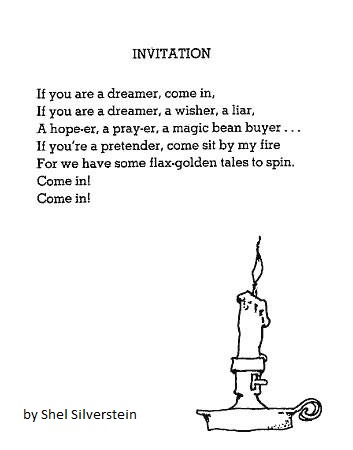
Be invited in. See the world through rose colored glasses. Or in the boldest colors of reality.
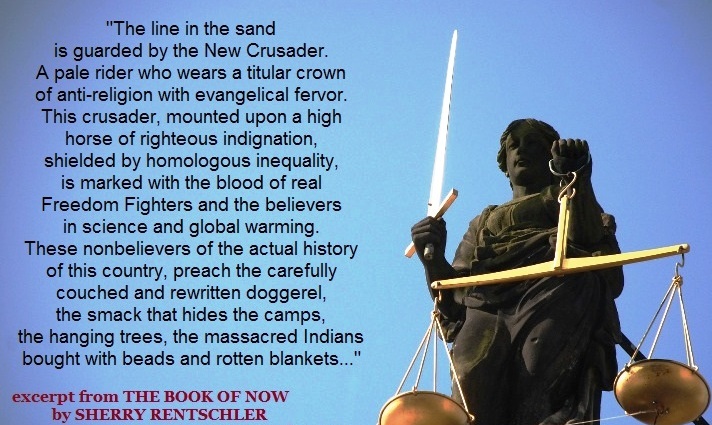
Poetry matters. Check out some of the ones mentioned here or ask your friends what they are reading. Go on an adventure and allow yourself to be surprised. See your world through creative, fresh eyes and maybe you’ll be inspired to write a poem or two yourself. Share with children and let’s all be a little more free verse in our lives.
Happy reading!
I remain, Yours Between the Lines,
Sherry















